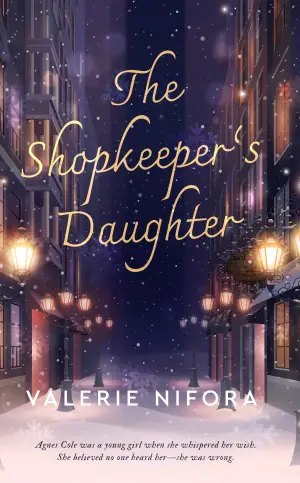I just finished reading It’s Not You by Dr. Ramani Durvasula, and I can honestly say it’s one of the most eye-opening books I’ve encountered in a long time. As someone who has always been fascinated by psychology and the intricacies of human relationships, I was drawn to this book because of its focus on narcissism—a topic I’ve been wanting to understand better. The promise of a practical guide to protect and heal oneself from the daily harms of narcissistic tendencies sealed the deal for me.
Dr. Ramani has a way with words that makes complex psychological concepts accessible and relatable. This book validates the feelings of those who have been caught in toxic relationships, and her compassionate approach truly resonated with me. Throughout the book, she emphasizes that recognizing and understanding narcissistic behavior is crucial—and often, you’re not to blame for what has transpired. I found this particular insight to be deeply liberating.
Many readers, like Liznnm, highlighted the way It’s Not You provides clarity. Liznnm shared an experience that many can relate to: the feeling of being trapped in a toxic family dynamic with a narcissistic parent. The book’s examples opened up “aha!” moments for her, which is exactly what I experienced as I read through chapters illuminating patterns I had sensed but couldn’t fully articulate. This validation is something I believe can help countless readers come to terms with their experiences and emotions.
Additionally, I was drawn to Dr. Ramani’s structured guidance on various coping mechanisms, such as creating healthy boundaries and becoming gaslight resistant. The practical steps she outlines are not just theoretical but realistic applications that you can integrate into your life, which I found immensely helpful.
However, there were some drawbacks that I can’t ignore. One reader, the Former English Major, mentioned a significant gap in the narrative concerning the concept of “narcissistic discard”—the abrupt and often cruel process where a partner is abruptly cut off from the relationship without regard for their well-being. I found this point to be quite important, as understanding the emotional turmoil that entails could provide even more context for those who have endured such brutal endings.
Moreover, while I completely agree with the emphasis on self-empowerment and personal growth, I think it sometimes glossed over the deep and lasting scars that narcissistic relationships can leave behind. As Dr. Ramani notes, healing isn’t about returning to some pre-narcissist state of wholeness, but the mood of hope and recovery is prevalent throughout the book. This can feel both comforting and slightly unrealistic for some who are wrestling with the aftermath of these relationships.
One aspect that I truly appreciated was Dr. Ramani’s detailed discussions on how to navigate ongoing relationships with narcissists, especially in familial settings. This is practical advice that many find necessary, especially when escape isn’t an option.
Overall, It’s Not You is a brilliant blend of empathy, expert insights, and actionable advice that resonates with anyone struggling with relationships influenced by narcissism. I highly recommend it to anyone who feels trapped by toxic behaviors, whether in familial relationships, friendships, or romantic partnerships. It not only informs but offers practical pathways to reclaim your self-worth, which is an invaluable companion in the journey to healing.
In conclusion, I’d give It’s Not You five stars. It has profoundly impacted my understanding of narcissistic relationships while also equipping me with tools I can use. If you’re seeking clarity and a way to empower yourself in the face of emotional turmoil brought by narcissistic connections, this book is definitely a must-read!








